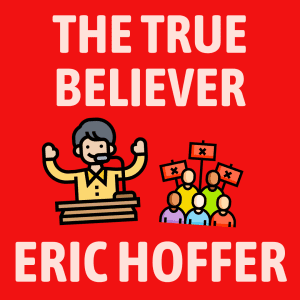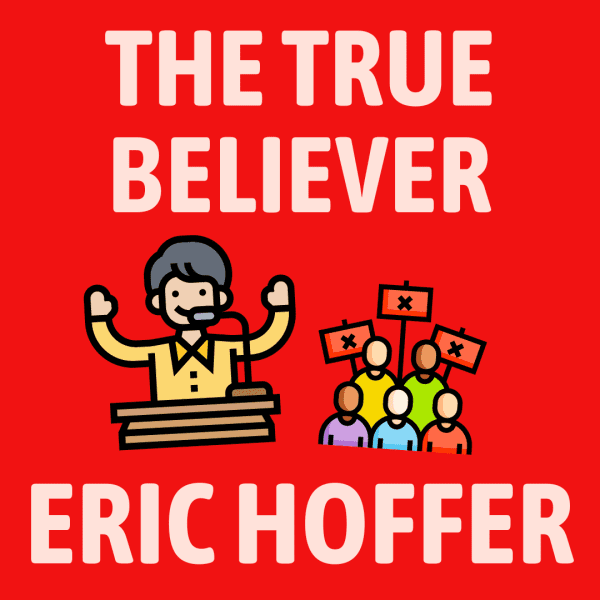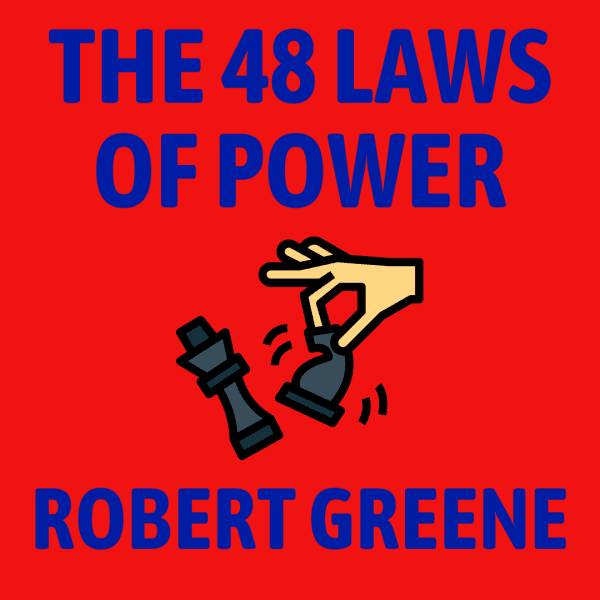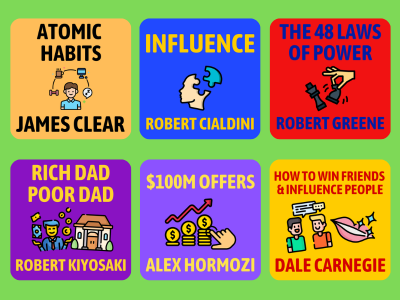The True Believer shows how the same human frustrations drive all mass movements—whether social, political or religious.
People join mass movements to escape their ineffectual and helpless individual self.
Eric Hoffer wrote this book 70 years ago, but it's still frighteningly relevant today.
Propaganda is an eye-opening look at how public opinion can be manipulated through media, for political power and profit.
Edward Bernays says that in politics, an "invisible government" of thought leaders shape public discussion.
And in business, companies use "public relations" techniques to control their reputation.
The Autobiography of Benjamin Franklin is the life story of one of the Founding Fathers of America.
Franklin is often described as a "self-made man" and "The First American" because of his lifelong dedication to values like enthusiastic work, self-education and personal improvement.
1984 is a novel about a terrifying future where everyone is controlled by a totalitarian political "Party" led by "Big Brother." George Orwell predicted many real-life methods of government overreach including: strict censorship, mass surveillance, "Thought Police," manipulation of language, and rewriting history.
The 48 Laws of Power by Robert Greene is a self-help book that explains how powerful people have gained and maintained their control over the centuries.
While controversial for its manipulative tactics, this book also shares eye-opening insights into history, strategy, and human nature.










